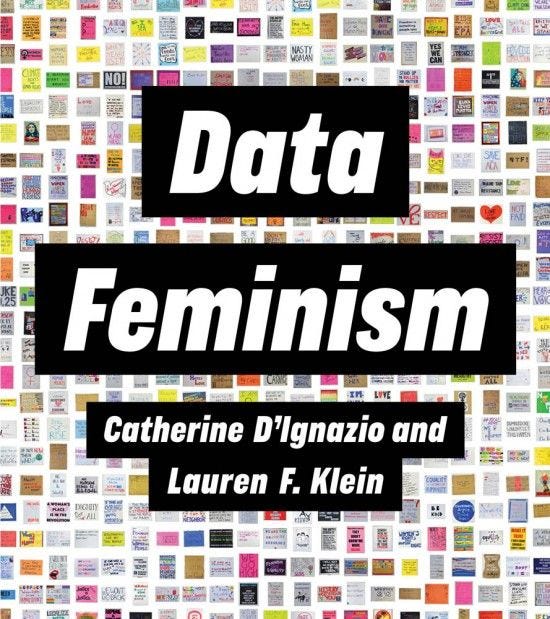
News and Updates
Today marks my six-month anniversary of writing Byte-Sized Ethics! It feels simultaneously like I’ve been writing forever, and like it was just yesterday. I am so proud of myself for the consistency of writing every week (something I never thought I would be able to sustain). And of course, the help from the awesome community here on Substack. If you haven’t joined Substack, please take the time to register and poke around. It’s such a great platform and a great community.
I can’t wait to see what the next 6 months bring. I appreciate you and I’m glad you’re joining me on this adventure. To celebrate my six-month-anniversary, I’m launching a new series called Book Bytes.
What is Book Bytes?
Book Bytes is a series of articles giving brief recommendations of Responsible AI and Responsible Tech books that I’ve read, and think you should too. My goal isn’t to do full-fledged reviews but to give a recommendation and a brief reason why I think this book is worth your time. Let me know what you think! I thought it would be good start where I started: Data Feminism.
Data Feminism
Data Feminism (Amazon link) is a book about the power dynamics of data in today’s world. Drs. Catherine D’Ignazio and Lauren F. Klein. They approach data from a intersectional feminism perspective - that is roughly the perspective that being a woman and white is different than being a woman and black, or that being a white gay man is a different experience than being a black gay man. It adds multi-dimensionality to how we understand and respond to discrimination.
The book is broken up into 7 chapters, each one covering a different principle of Data Feminism, with case studies and examples throughout.
There are two reasons why I think this book is a great first foray. First - it challenges the ideology that data is objective and inherently true right from the first page. That’s important to recognize that data is subjective and represents the ideology of many people throughout the data’s lifecycle. Data tells a story, but like any story, it can be entirely made up.
Second, they use so many case studies throughout the book, that’s its easy to see the practical applications and repercussions of how we use data. It was my first exposure to many of the iconic case studies we see repeatedly used in Responsible AI and Tech.
Best of all, you can read it FOR FREE in its entirety online at the MIT Press website. I listened to the book on Audible, and having the online version of the book made it easier for me to go back and review the pieces.
I have a backlog of books for Book Bytes, but let me know if there are any books you think I should read and recommend! Let me know what you think. Do you like this series? online version of the book made it easier for me to go back and reviews pieces.




